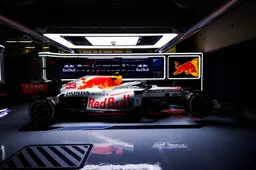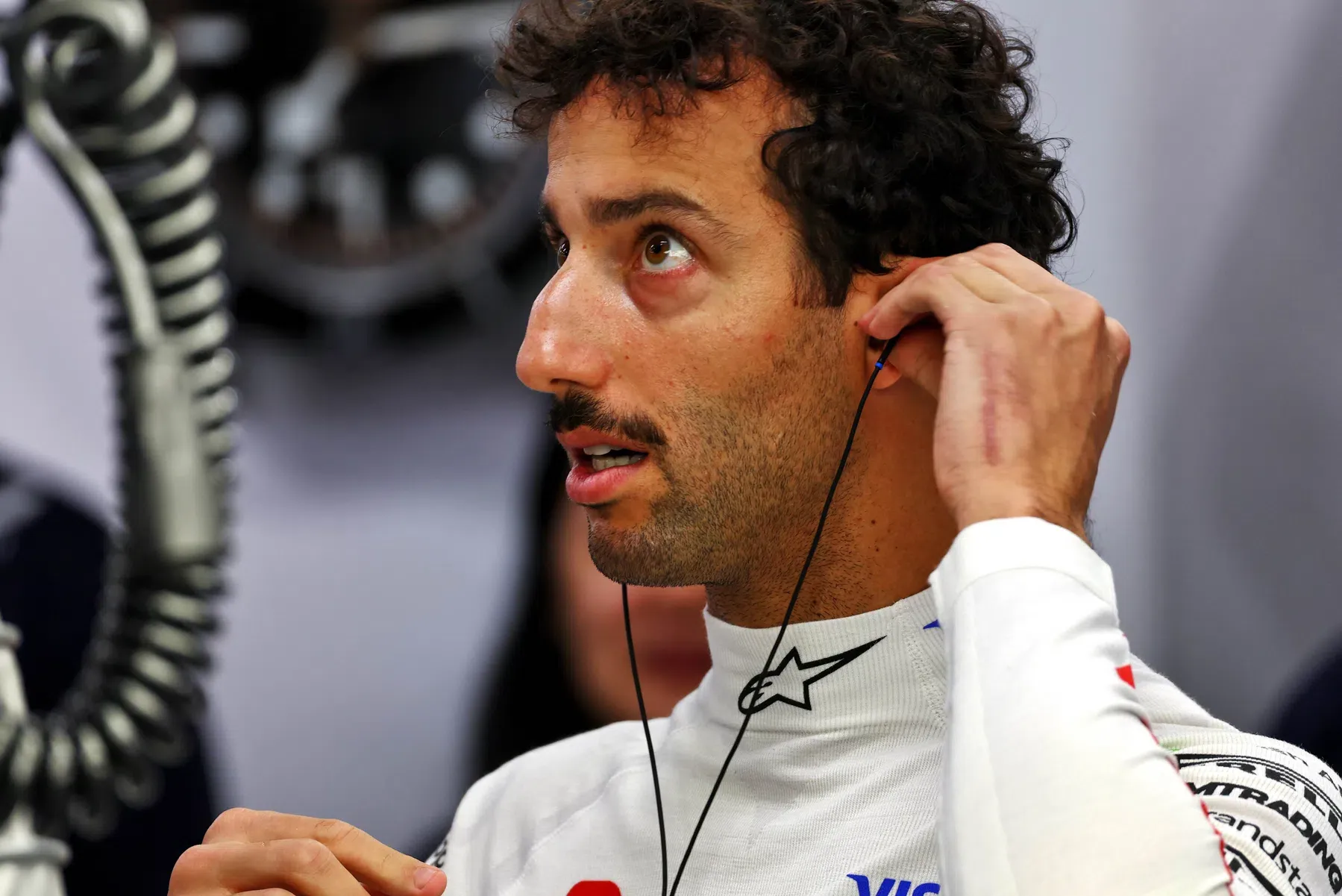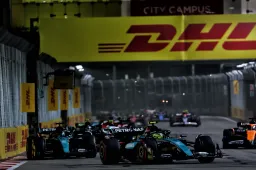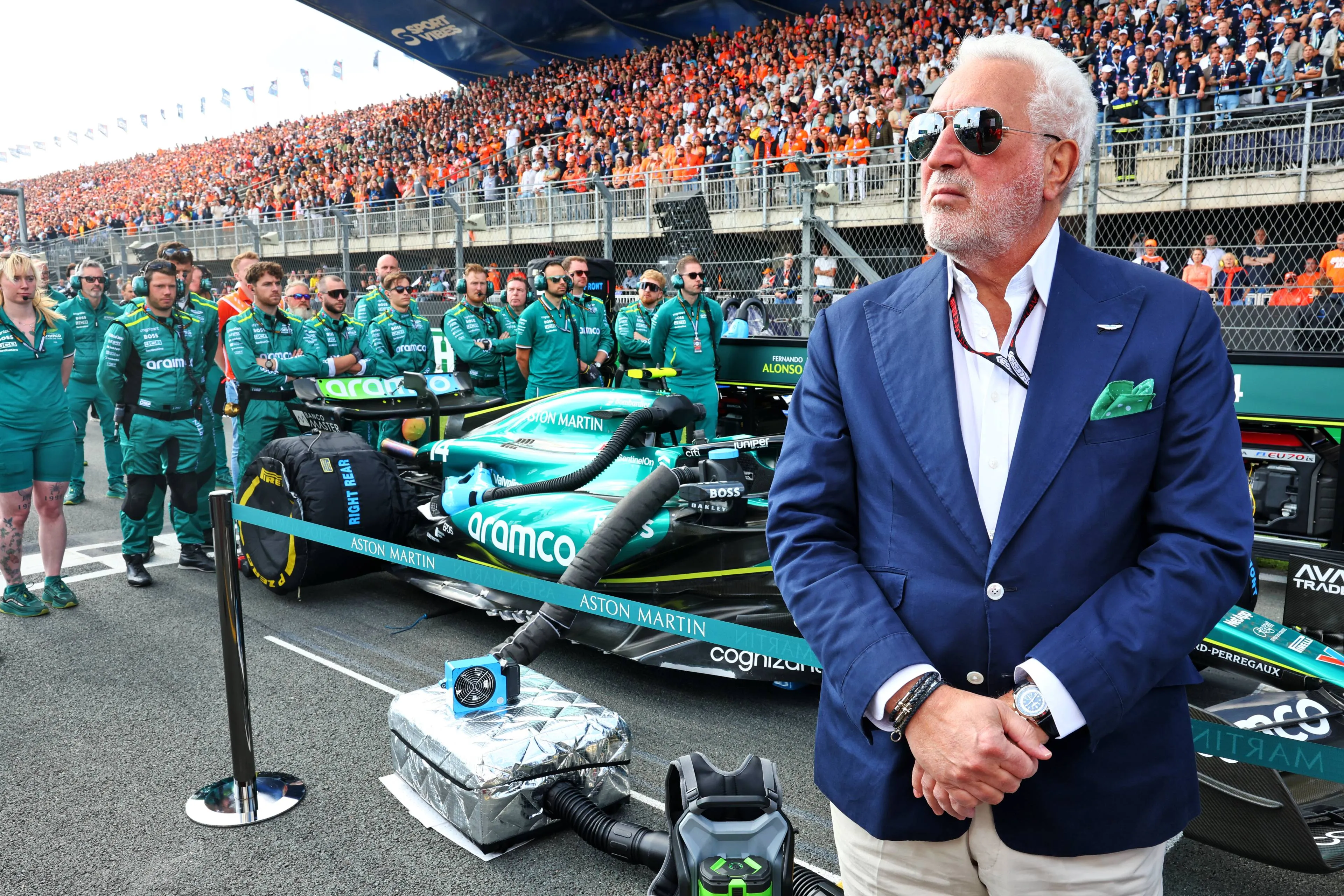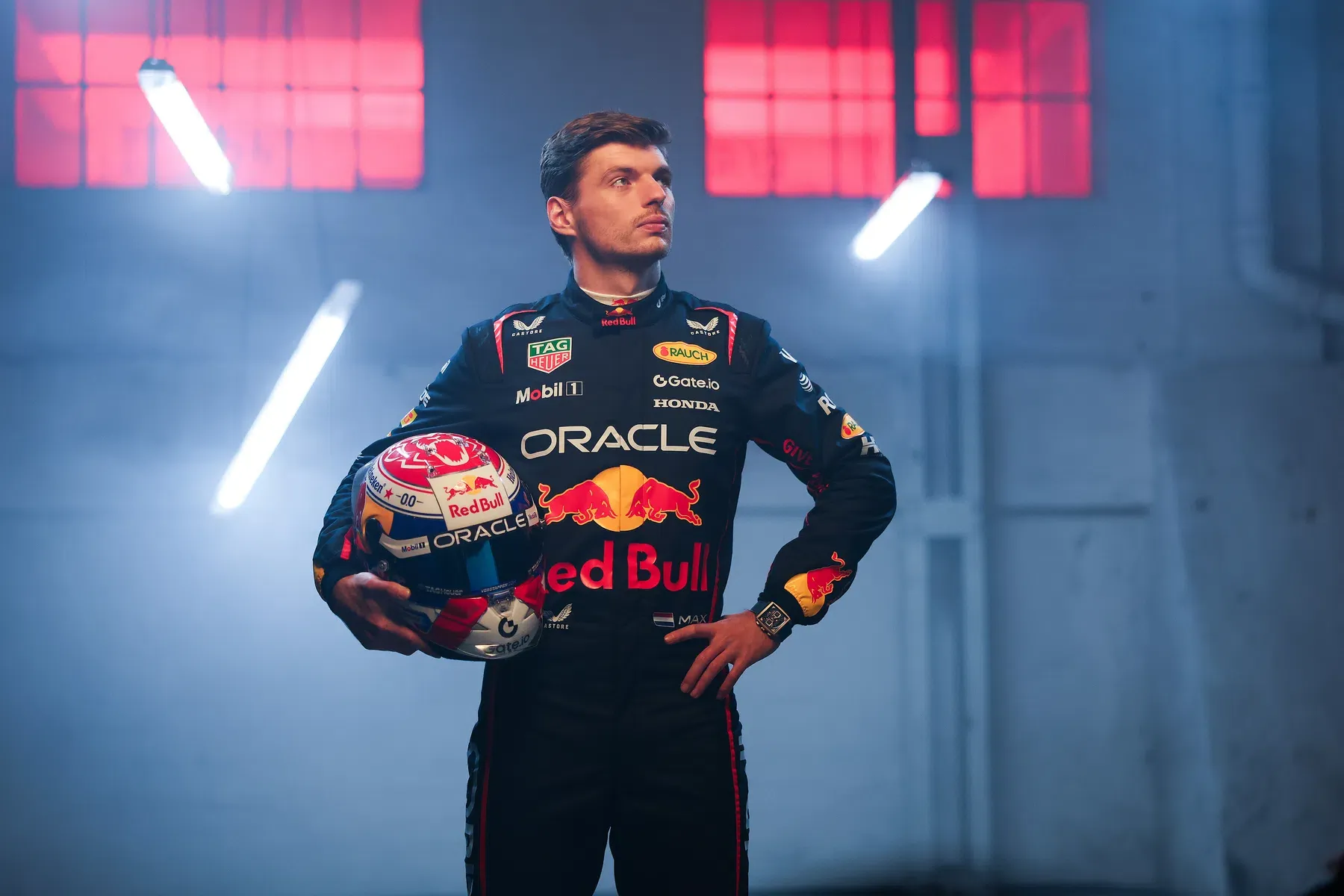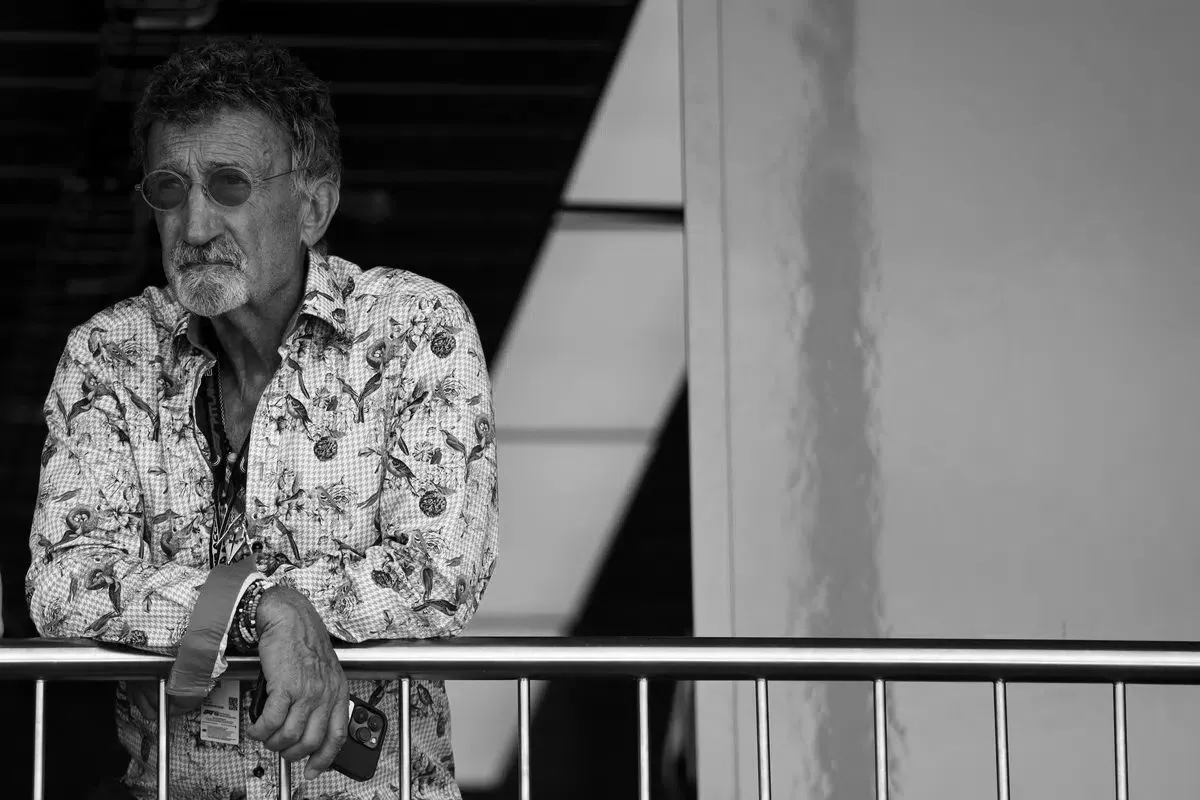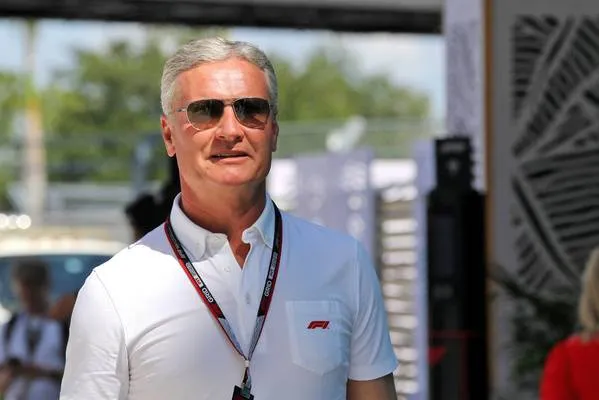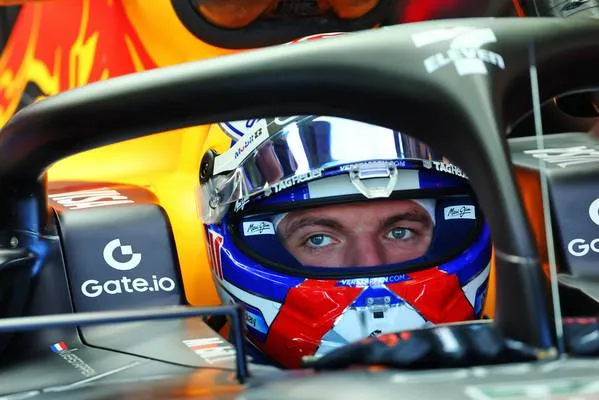Steiner thinks Ricciardo is a good driver: 'Racing against Verstappen'
Former Haas team boss Guenther Steiner has left another positive message for Daniel Ricciardo after the Australian was forced out of Visa Cash App RB and, therefore, Formula 1 following the Singapore Grand Prix. Speaking on the Red Flags podcast Steiner wanted to remind finds of how good Ricciardo was.
Ricciardo became known as a positive character, always smiling. However, Ricciardo had one of the best records out of any of the drivers on the grid during the 2024 Formula 1 season. Only Lewis Hamilton, Max Verstappen, Fernando Alonso and Valtteri Bottas have secured more wins in F1 out of the current crop of drivers.
Steiner is positive about Ricciardo
Steiner, therefore, wanted to remind finds that he is not just popular because of his appearances on Drive to Survive. "He won races in F1. I think he's still a good driver. I watched him in Singapore after qualifying, I think it was on a TV interview. He was not in a happy place. He was like, wow, I said, Danny, you're not enjoying this. So sometimes when don't enjoy something, it's better you leave because there's a life for him after this," Steiner said.
Steiner continued: "He always can come on [the podcast] with us and try to make a living. We welcome him. He was a very good race car driver. He won races. He was racing against Max and then decided to move on from Red Bull which in the end was a brave decision. It worked out for a while and then he just got stuck at some place, you know, couldn't do it anymore."
Steiner then highlighted that Ricciardo's performance at Renault almost ended Nico Hulkenberg's career: "But now look at Hülkenberg, he runs circles around Danny. It's weird how sometimes these things happen. Obviously, the pressure that got to Danny as well, everybody was watching him. Is he good? Is he bad? Maybe he wasn't prepared for that and just couldn't deal with it. So I think he hasn't unlearned how to drive a race car. He's just not in a good space in his head," Steiner added.
This article has been created in collaboration with Cas van de Kluet
Popular on GPBlog

Red Bull looks for answers according to Marko: ‘Make RB21 easier to drive’

GPblog launches new website: faster, more user-friendly and with dark mode!

Piastri as Verstappen's successor at Red Bull? The Australian responds!
